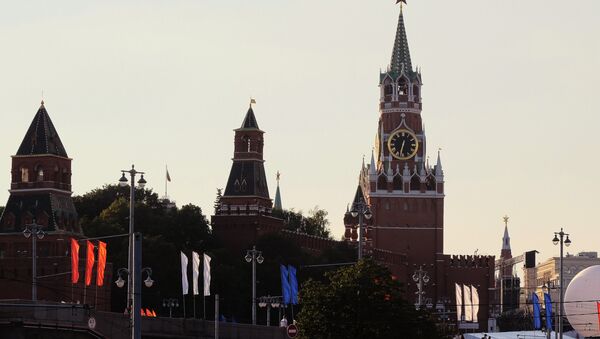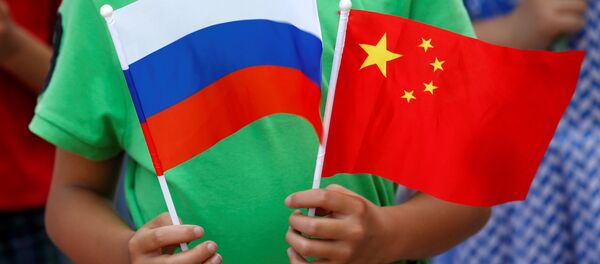"But another tendency cannot be ignored, linked to the fact the proliferation of extremist manifestations is greatly promoted by the propaganda of ideas of national, religious and racial superiority via the internet, as well as by the destructive actions of some, primarily foreign, non-governmental organizations, which do not cease their attempts to loosen the social and political situation in the country," Grebenkin said.
Speaking to reporters, Grebenkin said noted the "tendency of the increase in registered crime linked to extremism." According to him, this evidences the active work of law enforcement bodies.
"I want to emphasize that as of today we managed to ensure stable social and political situation in the country and set out priorities in this field, namely, prevention of extremism among young people, prevention of inter-ethnic conflicts, curbing financial channels of extremism and countering extremism in information sphere, including the Internet," Grebenkin said.
In 2012, the Russian parliament adopted a law requiring NGOs that are engaged in political activities and that receive funding from abroad to register as "foreign agents" and to label all their publications as such. Commenting on the law, Russian President Vladimir Putin said it was needed to limit direct and indirect foreign interference and lobbying in the country.




